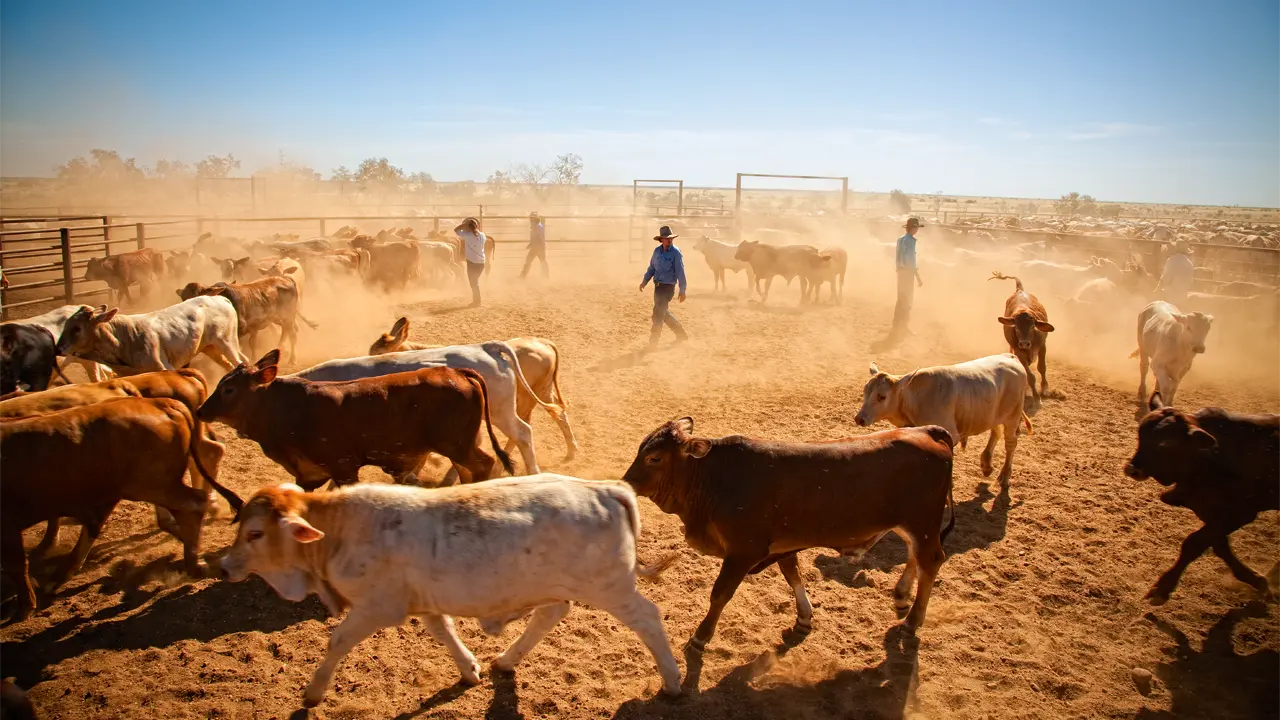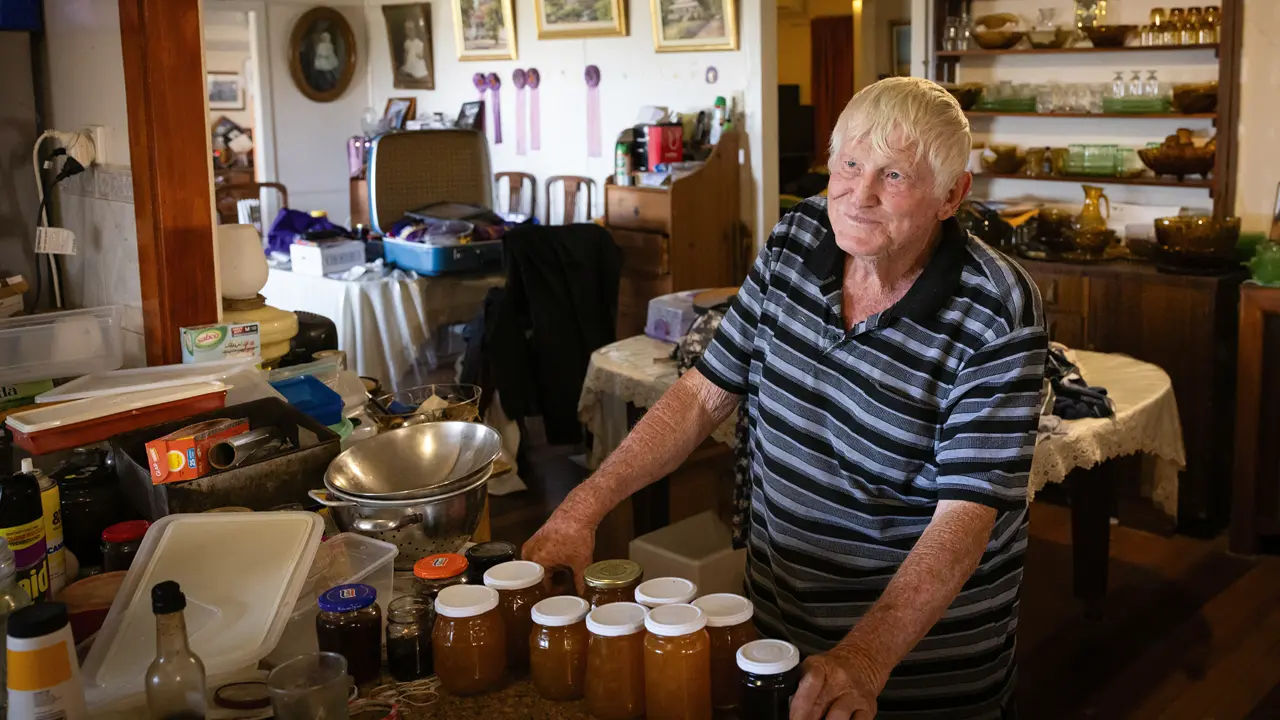Australia’s agribusiness scene is a mix of huge conglomerates with growing holdings and small, innovative players.
Story Amanda Burdon Photo Lara Jensen
Embarking on her agricultural career with Paraway Pastoral Company 5 years ago, Baylee Stapleton simply wanted to “get into the drenching race and sit behind a mob”. But landing that jillaroo position at the company’s prestigious Pooginook Stud, in the Riverina, has provided much more as part of a huge agribusiness with a diversified portfolio that includes more than 220,000 cattle, 250,000 sheep, cropping interests and more than 200 staff.
Paraway is part of the second biggest landholder by value in Australia, Macquarie Agriculture, which has 40,000sq km in Queensland, NSW and Victoria, including the nation’s biggest cotton farm, Cubbie station.
“Paraway staff have backed me and pushed me up through the ranks,” Baylee says. Given a range of internal courses and professional development, the Animal Science graduate became a junior overseer, then an overseer and is now senior stud overseer playing an integral role in Pooginook’s sheep and cattle operations. “I am proud to be part of the decisions made on farm and on the right path for a great career.”
Opportunities to grow and learn also came thick and fast for the station manager of another Paraway holding – Malvern Hills, 35km from Blackall in central Queensland. Rachel Arnold grew up in the Paraway fold – her parents Tess and David Arnold managed another of its properties, and sister Hannah and her husband Jason Simms now manage Gregory Downs.
“I love the cattle industry, and with Paraway I have the independence to run my own program with my crew,” Rachel says. The 4-person team she leads is responsible for just under 6,000 head browsing 50,000ha. “With Paraway, there’s a larger staff base, access to ongoing training and the opportunity to develop my skills and expertise. You see the opportunities that exist.”
Rachel now finds rewards not just in “turning off fat cows” but also seeing her own staff develop and “get to where they want to go”. “Every quarter, all Paraway station managers get together to go through our businesses and talk about what we’re doing. The team at head office is very supportive.”
That includes Sarah Roche, general manager of Paraway’s southern region. “Based on what I’m seeing, in private or corporate businesses, the number of women in senior leadership roles in agribusiness will continue to grow,” Sarah says. “Paraway has the policies, procedures and governance models to ensure a workplace that supports equal opportunity and a tiered training program that provides career pathways. We invest a lot in our people, with the intent to retain them. We value the diversity of our people to create new ideas and ways of doing things.
“People approach our station managers because they want to work with them and learn from them. They are recognised in their community, their enterprise and industry as leaders. We have 28 stations and lots of great stories of career advancement. An ethos of growth and inclusion epitomises Paraway’s culture.”
This story excerpt is from Issue #157
Outback Magazine: October/November 2024










